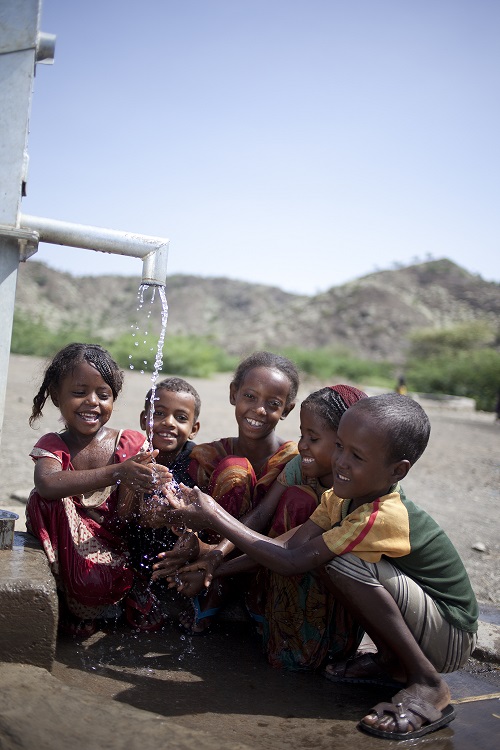Testing time for partners and country programmes

The last few weeks have involved 2 main activities: data collection and cleaning, and software testing.
The end of 2013 marked the end of the inclusion period for data to be reviewed in our upcoming analysis. Going back a little, we planned to create a full and comparable dataset of reports from both Save the Children and partner NGO programmes in order to compare different supplementary feeding programme (SFP) contexts and approaches and identify how best to maximise performance. The review of this data intends to describe the characteristics of emergency feeding programmes and assess the effect of emergency SFPs on rehabilitating malnourished children enrolled in the programmes; review the contextual factors that might influence outcomes; and assess the impact of emergency SFPs in reducing malnutrition and mortality among the population.
Throughout January and February we have been collecting and cleaning this data ready for analysis to start in March. While we may not be able to answer all of the above questions, an initial look at the data whilst forming an analysis plan suggests we will be able to run an interesting review. As the programme has expanded to cover all aspects of CMAM, we made a decision to include all stabilisation centre and outpatient therapeutic feeding data in the analysis to compliment the SFP review. Results will be shared once we start to generate an interpret them.
The software development has dominated the rest of our time over the last few weeks in preparation for partner and pilot country user testing following the release of iteration 5. The software is really starting to take shape, and now includes functionality for analysis of data through the creation of reports for admissions, discharge and performance data. The user acceptance testing will be shared with all partner NGOs and members of the original MRP steering committee such as WFP, Unicef and ECHO. The country programmes that have agreed to pilot the software are Yemen, Ethiopia and Myanmar. We are looking forward to receiving feedback throughout March.
As we are coming to the end of the development we are planning a roll out date of the 30th of May. In preparation for this we are organising a Training of trainers in Nairobi and another in London in order to ensure people are confident in the implementation of the software. As part of the preparation for this, are working on writing the new user manuals which will accompany the software. Whilst we hope the new software will be as intuitive as possible, we will develop materials to guide users through the process of setting up accounts, entering, submitting and analysing data. Both user manuals and the new software will be available via a website which will be updated.
Finally, following the survey monkey on a name change for the MRP software, the most popular option was to rename the software – The CMAM reporting package.
Stay updated
Sign up for our newsletter to receive regular updates on resources, news, and insights like this. Don’t miss out on important information that can help you stay informed and engaged.
Related articles


.png)
Explore Elrha
Learn more about our mission, the organisations we support, and the resources we provide to drive research and innovation in humanitarian response.